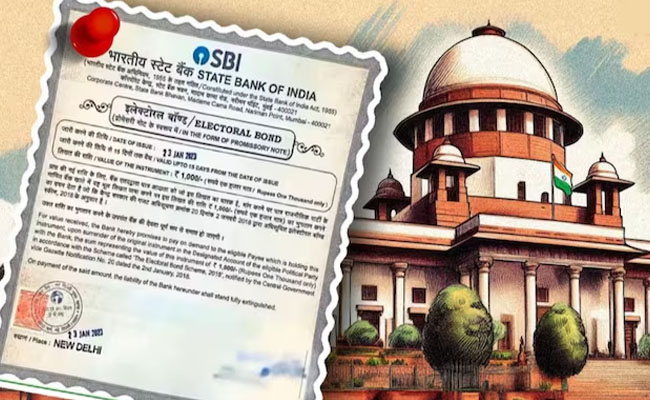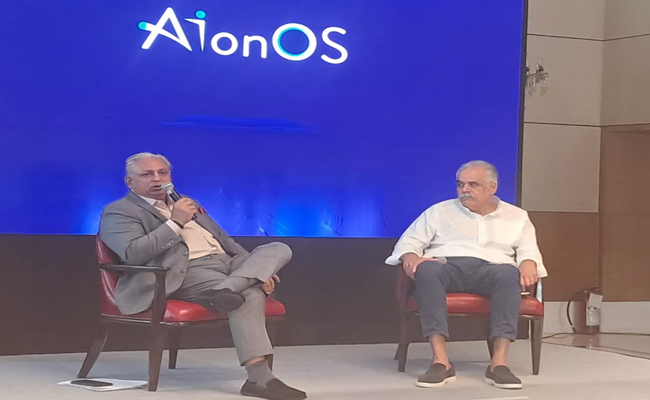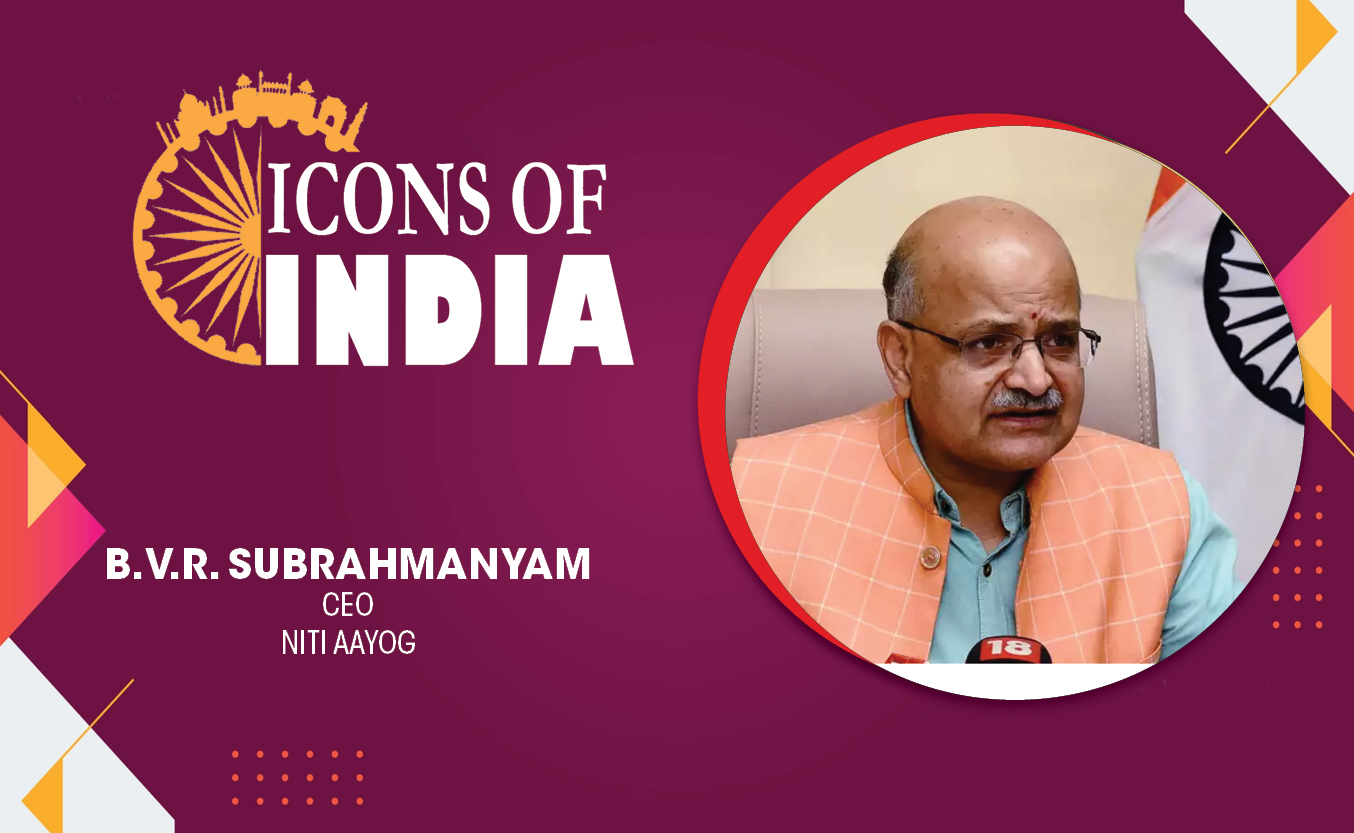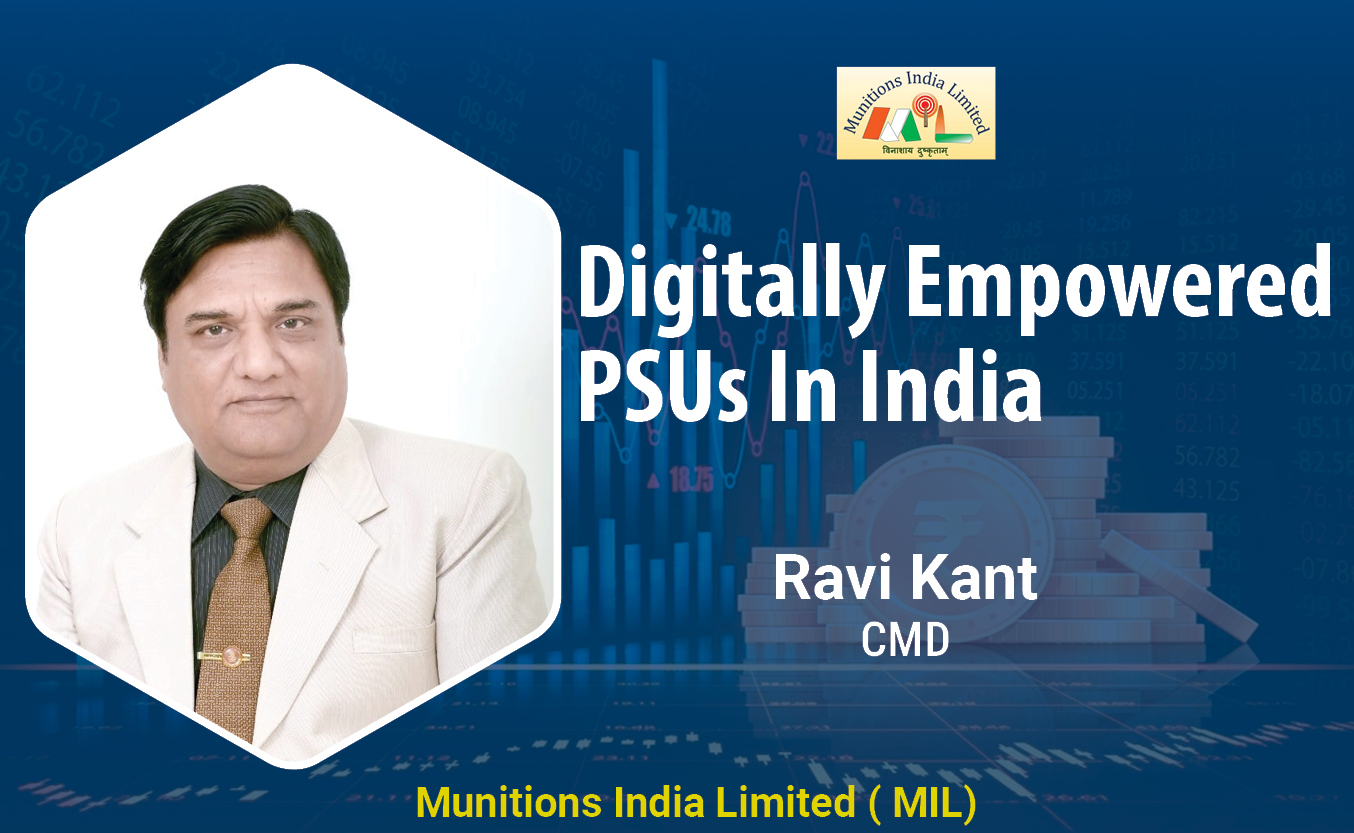SBI declines to disclose details of electoral bonds under RTI Act
By MYBRANDBOOK

State Bank of India (SBI) has declined to disclose the details of the electoral bonds furnished to the Election Commission (EC) of India under the Right to Information (RTI) Act. SBI claimed that it is personal information held in a fiduciary capacity, even though the records are in the public domain on the poll panel's website.
The Supreme Court of India regarded the electoral bonds scheme as "unconstitutional and manifestly arbitrary" and directed the SBI on February 15 to furnish the complete details of the bonds purchased since April 12, 2019 to the EC, which would publish the information on its website by March 13.
SBI’s petition of extending the deadline to disclose the details was dismissed by the court on March 11 and ordered to share the details of the electoral bonds to EC by the close of business hours on March 12.
On March 13, RTI activist Commodore (retired) Lokesh Batra asked for the complete data of the electoral bonds in the digital form from SBI, as provided to the EC after the Supreme Court's order.
Citing two exemption clauses given under the Right to Information (RTI) Act — Section 8(1)(e) and and section 8(1)(j), the bank refused to disclose it. The first clause is related to records held in a fiduciary capacity and the second allows withholding personal information.
"Information sought by you is containing details of purchasers and political parties and hence, cannot be disclosed as it is held in fiduciary capacity disclosure of which is exempted under sections 8(1)(e) and (j) of the RTI Act," the response furnished by the central public information officer and deputy general manager of the SBI said.
Batra had also sought the details of the fees paid by the SBI to senior advocate Harish Salve to defend its case against the disclosure of the electoral bonds' records, citing that the records are held in a fiduciary capacity and the information is personal in nature.
“It is “bizzare” that the SBI denied the information that is already on the EC’s website,” Batra told a news source.
On the question of Salve's fee, he said the bank has denied information that involves taxpayers' money. The EC published the data furnished by the SBI on its website on March 14, with the details of the donors and political parties that redeemed the bonds.
On March 15, the apex court pulled up the SBI for not furnishing the complete information by withholding the numbers unique to each electoral bond that would help match the donors with the recipient political parties, saying the bank was "duty-bound" to reveal the information.
Headed by Chief Justice D. Y. Chandrachud, a five-judge Bench said that it had directed the disclosure of all the details of the bonds, including the names of the purchasers, amounts and dates of purchase.
“All details have to be furnished by the SBI,” the CJI observed, as the court admonished the bank for furnishing incomplete information, a day after the EC put out the entire list of entities that purchased the bonds for making political donations.
As per SBI, between April 1, 2019 and February 15 this year, 22,217 electoral bonds of varying denominations were purchased by the donors, of which 22,030 were redeemed by political parties.


Google Pay has added "Open Wallet" shortcut
With the introduction of the "Open Wallet" shortcut, Google Pay has impro...

TRAI targets to finalise National Broadcast Policy by May-end
The Telecom Regulatory Authority of India will finalise the National Broa...

TAC Security becomes Cyber Security Assessor for the App Defen
The cybersecurity company, TAC Security has been selected as a key Cyber ...

InterGlobe’s Rahul Bhatia and C.P. Gurnani together announce
In a move that is set to transform the AI landscape, Rahul Bhatia, Group M...


Technology Icons Of India 2023: Girish Mathrubootham
Girsh Mathrubootham envisioned and co-founded Freshworks. Freshworks, ...

Technology Icons Of India 2023: Nikhil Rathi
Nikhil Rathi, Co-founder & CEO of Web Werks, a global leader in Data C...

Technology Icons Of India 2023: B.V.R. Subrahmanyam
B.V.R. Subrahmanyam belongs to Andhra Pradesh. He is a 1987-batch IAS ...


HPCL is transforming the energy landscape, across the nation and beyond
HPCL is world-class energy company known for caring and delighting the...

C-DAC keeps India ahead in IT & Electronics R&D space
Centre for Development of Advanced Computing (C-DAC) is the premier R&...

New defence PSUs will help India become self-reliant
MIL, India’s biggest manufacturer and market leader is engaged in Pr...


TEXONIC INSTRUMENTS
Texonic has carved a niche for itself in the Technology Distribution i...

FORTUNE MARKETING PVT. LTD.
Delhi based Fortune Marketing, An ISO 9001:2008 company, distributes ...

B D SOFTWARE
BD Software is the distributor of IT security solutions in India. The ...